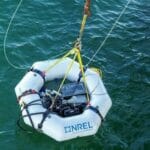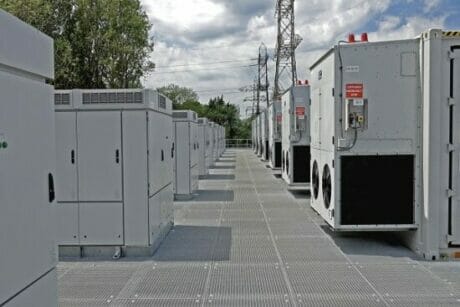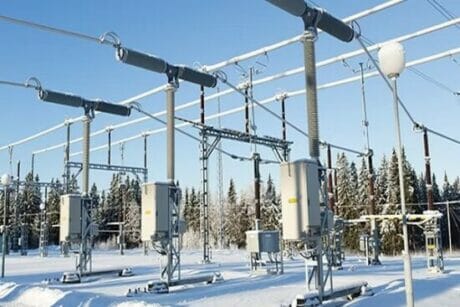No products in the cart.
- Course No E – 1731
- PDH Units: 7
Course No E - 1731
PDH Units: 7
- Course No E – 1731
- PDH Units: 7
Course No E - 1731
PDH Units: 7
Intended Audience: All Engineers & Contractors.
PDH UNITS: 7
This is a 7-hour course that explores topics of interest in the areas of voltages less than 1000 volts, including who is allowed to do what, based upon the type of license held. For example, fire alarm contractors are not licensed to install higher voltage systems such as 240 V motors, while an electrical contractor is allowed to install the 240 V motor as well as a fire alarm system. Even so, the EC specializing in residential, commercial and industrial wiring, probably will not include specializing in fire alarm systems. The goal of this course is to present a few contemporary higher voltage concepts that may be of interest to low voltage specialty contractors, such as electric vehicle charging, as well as a few contemporary low voltage concepts that may be of interest to electrical contractors, such as alarm wiring and controls. Some topics, such as selecting fuses and circuit breakers, batteries and battery charging and troubleshooting methods and examples may be of interest to each. All the topics should be of interest to engineers. References:
- Course Notes prepared by instructor
- NFPA 70 National Electrical Code, 2017 Ed., National Fire Protection Association, Quincy, MA, 2016.
- NFPA 72 National Fire Alarm and Signaling Code, 2016 Ed, National Fire Protection Association, Quincy, MA, 2015.
- NFPA 110 Standard for Emergency and Standby Power Systems, 2016 Ed, National Fire Protection Association, Quincy, MA, 2015.
- Licensing Requirements for the State of Florida, National Low Voltage Contractors Association (NLVCA) www.nlvca.org/licensing/florida.php
- 6. Trimmer, H. William, Understanding and Servicing Alarm Systems, 3rd,Butterworth-Heinemann, Boston, 1999.
- Bukowski, Richard W, Moore, Wayne D., Hurley, Morgan J, Fire Alarm Signaling Systems, 4th Ed., National Fire Protection Association, Quincy, MA, 2010.
- Websites of electric vehicle and electric vehicle charger manufacturers.
Learning Objectives:
Upon completion of the course, the student should understand- Basics of voltage, current, resistance, diodes, AC and DC, transformers, relays and digital logic.
- Why AC and DC ratings on fuses and circuit breakers are different.
- The NEC rules for adding sources and loads to electrical distribution panels.
- The difference between shallow and deep discharge storage batteries.
- The difference between lead-acid and lithium storage batteries.
- Charging requirements of lead-acid and lithium storage batteries.
- Temperature, charging and discharging effects on battery storage capacity.
- Several analog and digital troubleshooting methods and their common uses.
- When expansion joints are needed in PVC and metallic conduit and how to install them.
- Charging requirements of typical electric vehicles (EVs).
- How to calculate whether an existing service can handle electric vehicle chargers.
- 2017 National Electrical Code changes for general installations.
- Low voltage classifications and certifications.
- Low voltage wire types.
- How to calculate voltage drops and size transformers for landscape lighting.
- The classification and operation of burglar alarm systems and fire alarm systems.
- Alarm circuit layout options.
- Alarm control circuit options.
- The layout and operation options of surveillance systems.
- The types and classifications of emergency and standby power systems.
- The characteristics of a “smart home.”
- Rules for installation of cable and telecom systems.
Once completed, your order and certificate of completion will be available in your profile when you’re logged in to the site.








